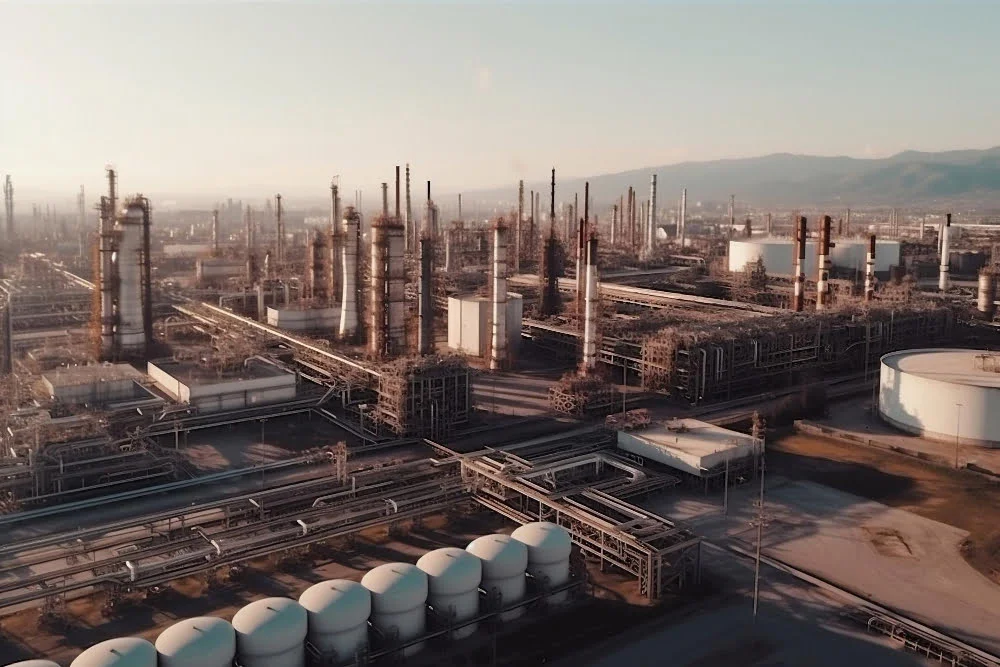Introduction:
Beyond its economic and geopolitical dimensions, the extraction and use of oil have profound social and ethical implications. This blog post delves into the human cost associated with the oil industry, exploring the impact on communities, indigenous populations, and the ethical considerations surrounding oil extraction and its consequences.
I. Environmental Justice and Community Impact:
Communities in the Crossfire:
- Environmental Degradation: Oil extraction often leads to environmental degradation, affecting air and water quality, soil health, and biodiversity. Communities in close proximity to extraction sites bear the brunt of these impacts, raising concerns about environmental justice.
- Displacement and Land Rights: Indigenous populations and local communities frequently face displacement due to oil exploration. The violation of land rights and disruption of traditional ways of life highlight the ethical dilemmas associated with oil extraction.
II. Human Health and Safety:
Occupational Hazards and Community Health:
- Oil Industry Workers: The individuals working in the oil industry often face hazardous conditions, risking their health and safety. Occupational hazards, including exposure to toxic substances, pose ethical questions about worker protection and well-being.
- Health Impacts on Communities: Communities near oil extraction sites may experience adverse health effects due to air and water pollution. Understanding and addressing these health impacts is crucial for ensuring the ethical conduct of oil industry operations.
III. Indigenous Rights and Cultural Impact:
Preserving Cultural Heritage:
- Impact on Indigenous Cultures: Oil extraction in regions inhabited by indigenous communities can erode cultural heritage and disrupt traditional practices. The ethical responsibility to protect indigenous rights and preserve cultural diversity becomes a central concern.
- Consultation and Consent: The principles of free, prior, and informed consent are critical when it comes to engaging with indigenous communities. Respecting their autonomy and involving them in decision-making processes are ethical imperatives in oil-related projects.
IV. Social Responsibility and Corporate Ethics:
Corporate Accountability:
- Ethical Business Practices: Oil companies must adhere to ethical business practices, ensuring transparency, accountability, and responsible conduct throughout the entire supply chain. This includes addressing human rights issues, promoting fair labor practices, and minimizing environmental impacts.
- Community Engagement and Benefits: Companies engaged in oil extraction should actively engage with local communities, providing fair compensation, supporting community development, and ensuring that the benefits of oil projects are shared equitably.
V. The Role of Activism and Advocacy:
Voices for Change:
- Environmental Activism: Activists play a crucial role in raising awareness about the social and ethical implications of oil extraction. Their efforts often lead to increased scrutiny, regulatory changes, and the promotion of sustainable practices within the industry.
- Human Rights Advocacy: Human rights organizations and advocates work towards holding oil companies accountable for human rights abuses, pushing for legal frameworks that prioritize the well-being of affected communities.
VI. Sustainable Practices and the Future of Oil:
Balancing Profit and Ethics:
- Transitioning to Sustainable Practices: The oil industry faces the challenge of transitioning to more sustainable and ethical practices. This includes embracing cleaner technologies, minimizing environmental impact, and prioritizing the well-being of communities affected by oil operations.
- Investing in Renewable Energy: Diversifying energy portfolios and investing in renewable alternatives is a step towards a more ethical and sustainable future. It is essential for the industry to contribute to the global shift towards cleaner and more responsible energy sources.
Conclusion:
As we navigate the intricate landscape of oil’s social and ethical implications, it becomes evident that the extraction and use of this resource come at a considerable human cost. Addressing the environmental, health, and cultural impacts requires a concerted effort from industry players, policymakers, and society as a whole. The ethical considerations surrounding oil extend beyond economic interests, challenging us to reevaluate our dependence on this resource and envision a future where energy extraction is harmonized with social justice and environmental stewardship. The path forward demands a commitment to ethical conduct, corporate responsibility, and a shared responsibility for the well-being of communities affected by the complex web of the oil industry.




